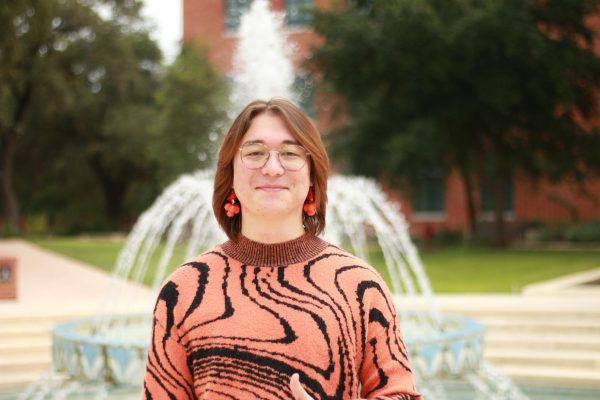As many student health providers work to destigmatize mental, sexual and physical health, it is important to pay attention to specific populations who face extra barriers in health care. Switching to more inclusive language is easy and can be standardized in its implementation, but seems to be a daunting and lagging task for well-being services.
Half of LGBTQ+ people have experienced depression, and almost half of transgender people have considered taking their own life. These statistics probably don’t come as a surprise as isolation, legislative attacks and discrimination against LGBTQ+ folks are overt and omnipresent. The mental health of Trinity students, in particular, is low, especially as finals approach, and this only compounds the mental health of queer students.
At its core, culturally competent healthcare is built on awareness, inclusive terminology and diverse representation. It is healthcare providers who understand social structures and identity — especially intersectional identities — and apply this knowledge in how they deliver care. It looks like the nurse who has a pronoun badge and uses gender-neutral language, the doctor who listens to women describe their pain level or the absence of microaggressions in medical experiences.
Many of the services on campus have made huge strides, such as the hiring of a nonbinary counselor in the counseling services department, inclusive terminology on health services intake forms and the off-campus partners that wellness services brings in to bridge the gaps. But these changes haven’t been communicated or well-advertised. Culturally competent healthcare is critical, but the promotion of health and wellness services must reflect this as well.
Trinity has gone through great lengths to provide more healthcare options to students, but these steps have not been accessible. The promotion of these services still includes outdated language, even when the services themselves are safe spaces. Betty’s Co. provides gynecology and wellness care for Trinity students several days a month in the parking lot outside Mabee Dining Hall. They provide many great services, but this gets drowned out when their programming includes language such as ‘women’s healthcare’ or ‘female gynecology.’
The marketing of these services exclude many queer students and perpetuate heteronormative assumptions. The narrative that heterosexual and cisgender identities are the norm is naturalized by mistakes in the schools’ well-being services’ flyers and websites. This is especially troubling given how easy it is to switch to gender-neutral language.
The use of the term assigned female at birth (AFAB) in a news article published on Oct. 6 led several students and faculty to reach out to the Trinitonian with their gratitude and praise. Using an inclusive term in a public setting, taking the small step to include a different phrase, created positive waves throughout campus.
Using language that doesn’t rely on heteronormative assumptions continues an important dialogue and raises awareness. Terms such as AFAB and assigned male at birth (AMAB) are useful to integrate into our public health sphere for everyone. Changing the language we use on a daily basis and in our approach to destigmatizing health issues is such a simple and quick task that really does make an impact. Trinity’s resources seek to improve the well-being of students, and doing this through intentional inclusion and allyship produces better care for all of our student body.





